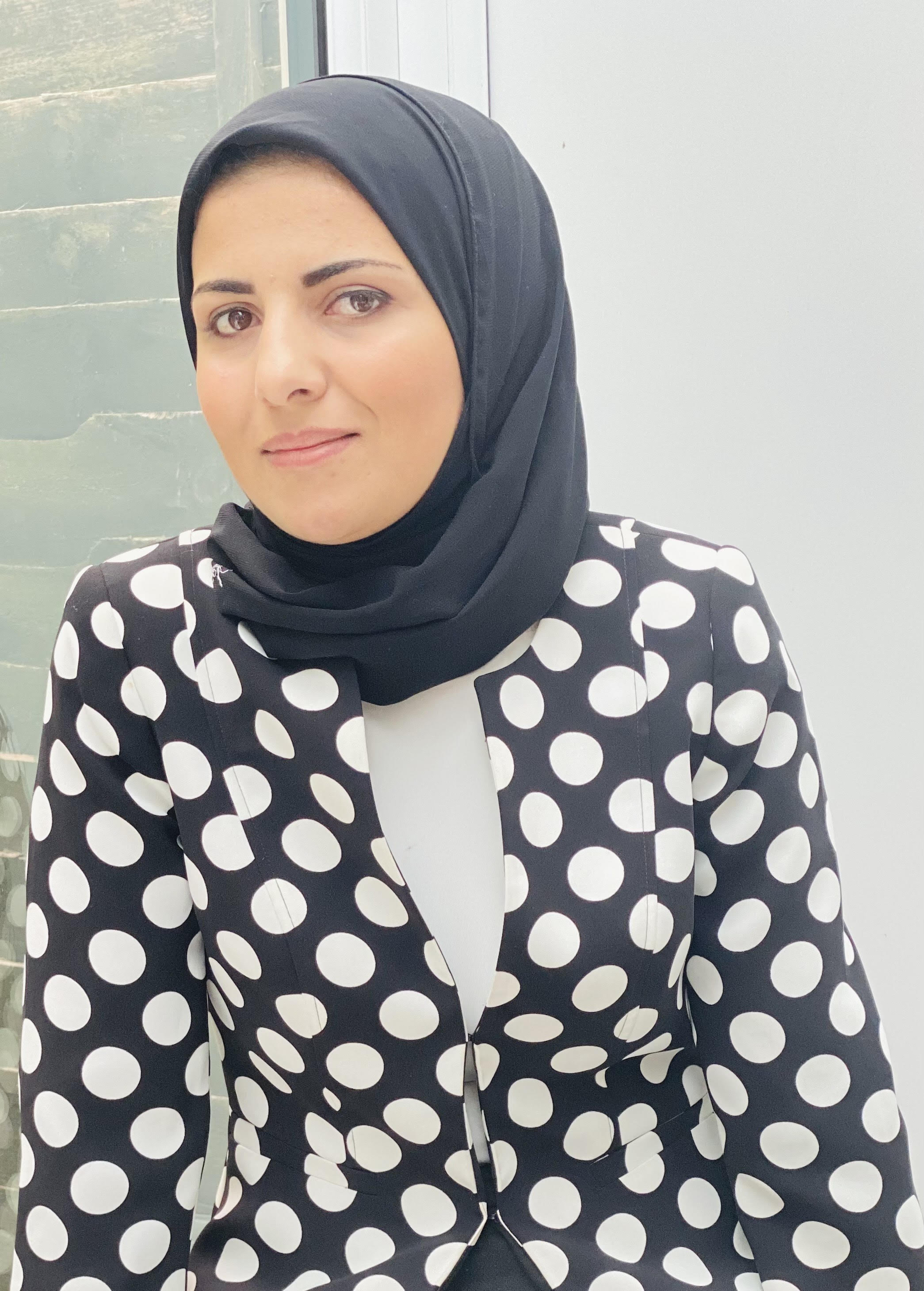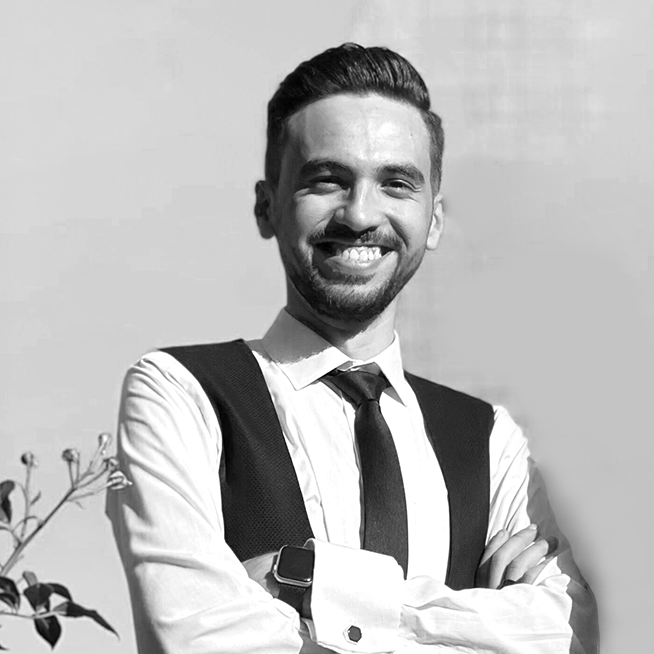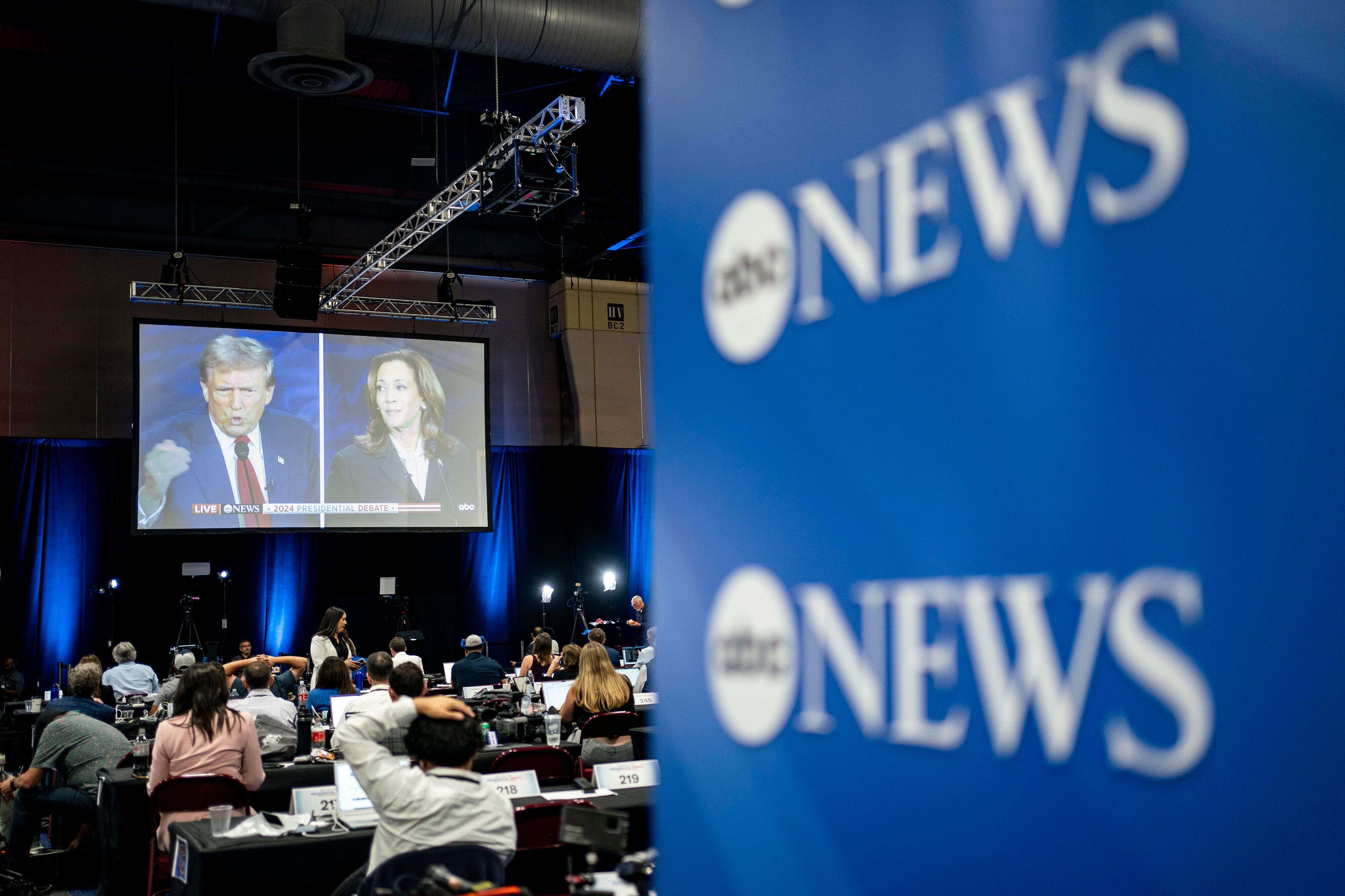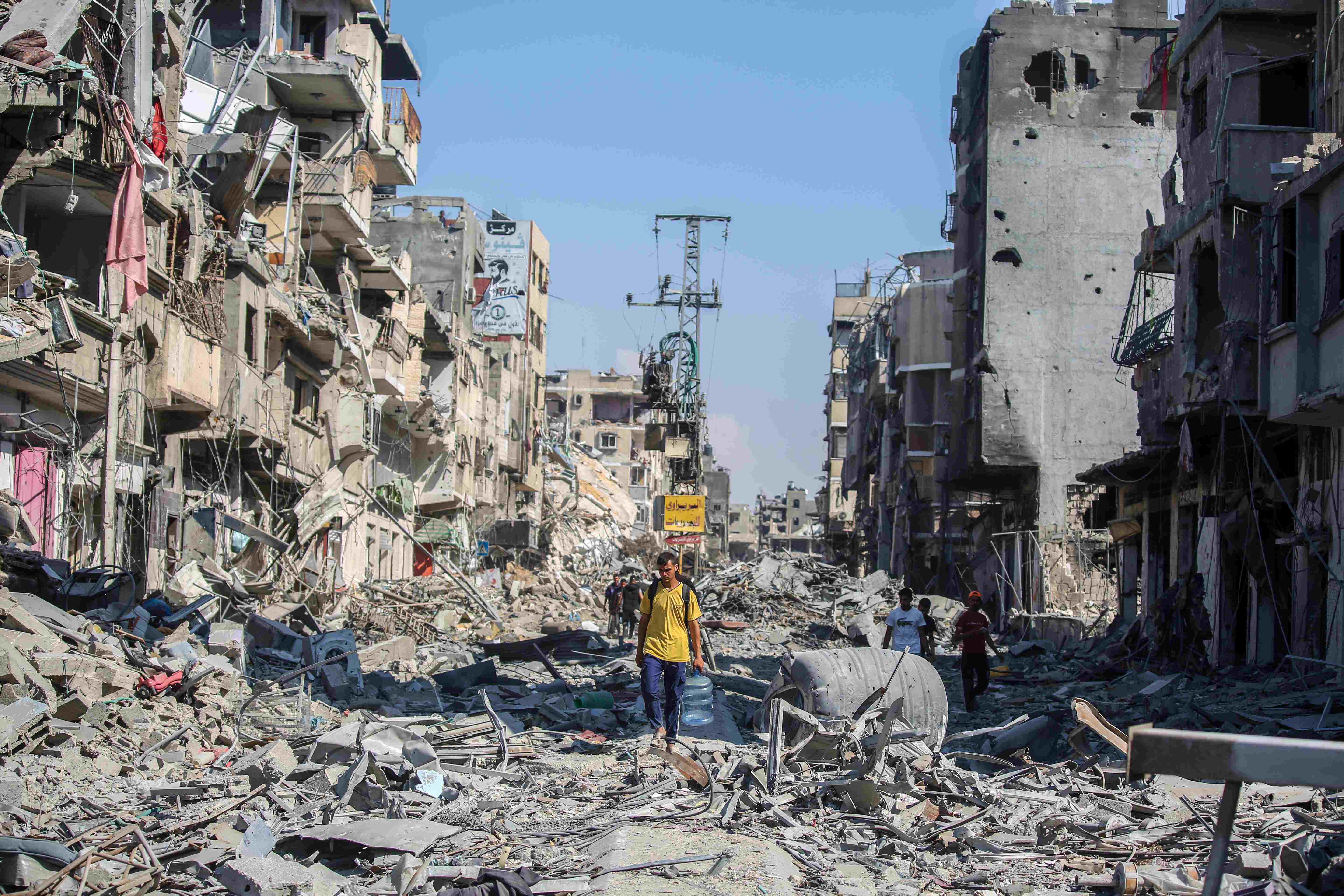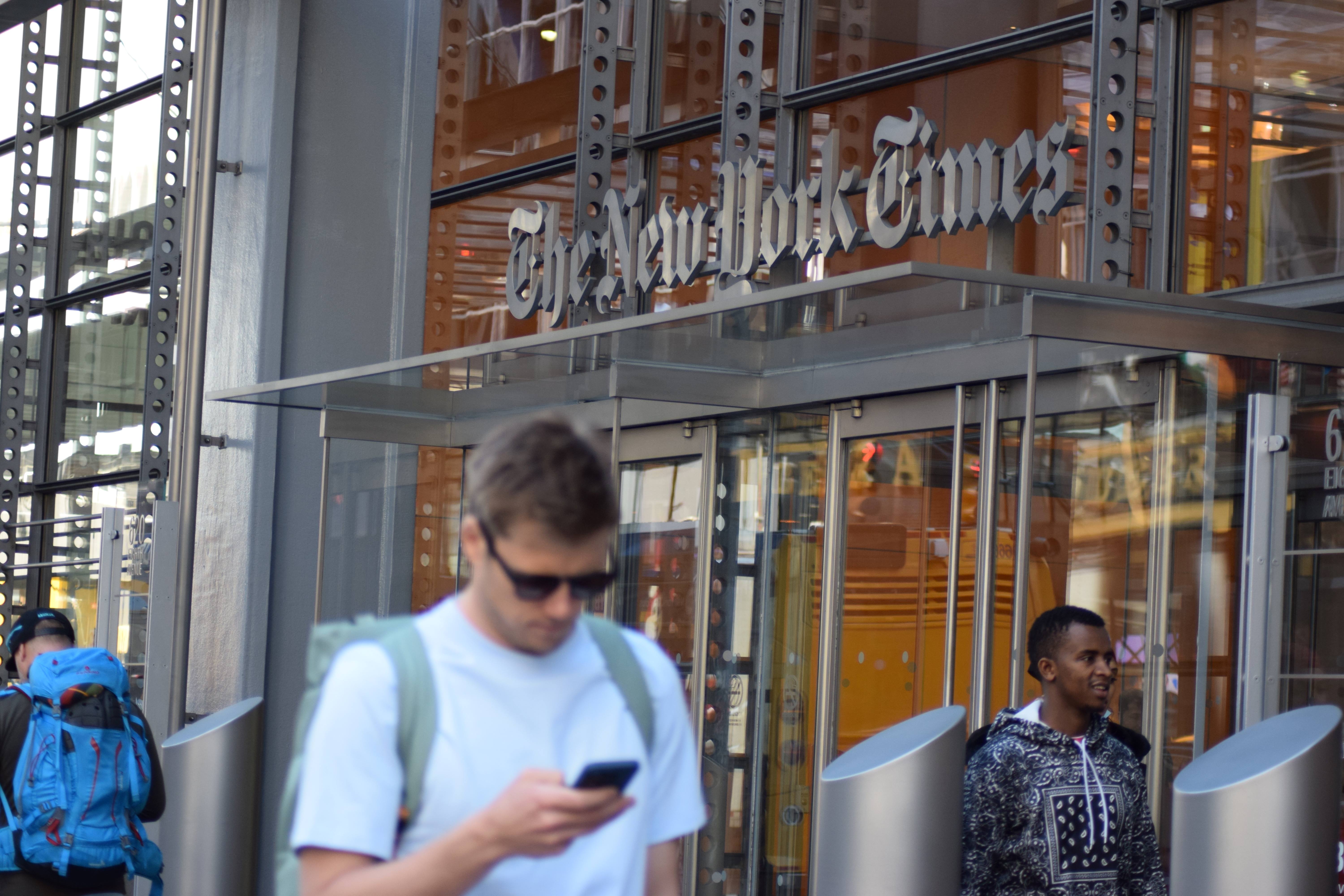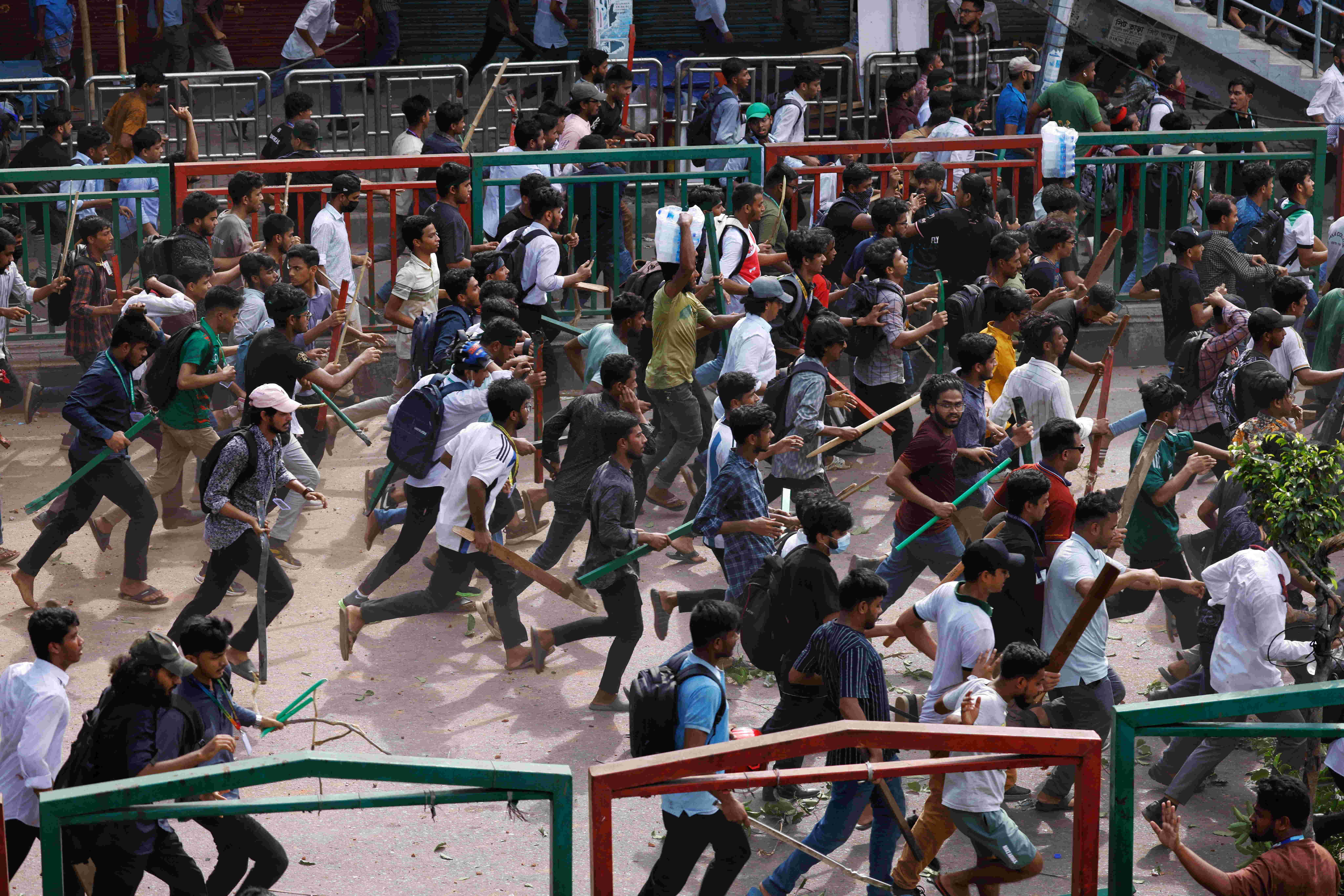"التوقيت، إنه العنصر الأهم في كل شيء. كان بالإمكان اغتيال أنس الشريف قبل عام أو حتى قبل عشرة شهور، لكن تم اختيار اللحظة التي يهاجمنا فيها العالم أجمع بسبب الإمدادات الغذائية والتجويع في غزة؛ في هذه اللحظة بالذات جرى تنفيذ اغتيال مراسل أكبر قناة عربية".
كان هذا الانتقاد اليتيم في التغطيات التلفزيونية الإسرائيلية وجاء في وقت يُعرف في صناعة التلفزيون باسم "وقت البرايم تايم"؛ أي الفترة التي تبلغ فيها نسب المشاهدة ذروتها عادةً في إسرائيل بين السابعة والتاسعة مساءً. في هذا التوقيت، تحرص القنوات الإسرائيلية على بث المواد التي تعكس قيم التيار المركزي في المجتمع ورؤيته للأحداث ضمن مجلاتها الإخبارية التي تتضمن تقارير ومقابلات حصرية، التزامًا بمبدأ المنافسة الذي يحكم عملها.
الانتقاد جاء على لسان إليؤر ليفي خبير الشؤون الفلسطينية في قناة "كان" الرسمية، توجه ليفي إلى زميلته في تقديم البرنامج قائلًا: "هل شاهدتِ السي إن إن أو سكاي نيوز؟ إذن، رأيتِ مقاطع حول أنس الشريف الصحفي الذي اغتاله الجيش الإسرائيلي. ما الذي كان يستوجب هذه العجلة؟ قد يكون اغتياله ضروريا، لكن ألا ينتظرون حتى اليوم الأخير من الحرب؟ الجيش كان يعرف مكانه على مدار الساعة؛ فهو كان على البث المباشر طوال الوقت، وتحديد موقعه لا يحتاج إلى عبقرية. لماذا الآن تحديدًا في اللحظة التي بلغت فيها مكانتنا أسفل سافلين من حيثُ الشرعية الدولية؟ هذا بمثابة طعنة إضافية في ظهورنا".
"هل شاهدتِ السي إن إن أو سكاي نيوز؟ إذن، رأيتِ مقاطع حول أنس الشريف الصحفي الذي اغتاله الجيش. ما الذي كان يستوجب هذه العجلة؟ قد يكون اغتياله ضروريا، لكن ألا ينتظرون حتى اليوم الأخير من الحرب؟ الجيش كان يعرف مكانه على مدار الساعة؛ فهو كان على البث المباشر طوال الوقت، وتحديد موقعه لا يحتاج إلى عبقرية.
واصل ليفي انتقاده مشيرًا إلى أن القنوات الأجنبية تجاهلت المواد التي وزعها الجيش الإسرائيلي لتبرير الاغتيال: "لم يستخدموها لأنهم يقولون إن الجيش الإسرائيلي قتل صحفيًا". ثم التفت إلى ضيف البرنامج موشيه شلونسكي الإعلامي المخضرم والقائد السابق لإذاعة الجيش الذي قال: "الجزيرة أداة تحريض مركزية، لو أتيح لي استهداف ناشط من حماس ومراسل للجزيرة لفعلت لكن لا أريد أن يصبح هذا روتينًا فنقع في حب تصفية الصحفيين. أقترح عدم استهداف مراسلي وكالة الأنباء الفرنسية أو النيويورك تايمز. هل غزة كلها تُختصر في أنس الشريف؟ بعد يومين ستُنسى قصته. القضية الحقيقية هي التجويع والمنطقة الإنسانية والحرب على غزة. هذه هي الأمور التي تُضر بإسرائيل. الصحفي قُتل ويمكننا تحمّل ذلك، ولا أرى أن في ذلك مشكلة".
القناة الإسرائيلية 12 أبرزت بدورها المكانة الدولية لأنس الشريف؛ حيث قالت محررة الشؤون الدولية كيرين بتسلئيل: "أنس الشريف عين العالم في قطاع غزة؛ لأنه لا يوجد صحفيون أجانب في القطاع. إسرائيل تهاجم الإعلام الأجنبي الذي يعتمد على الصحفيين الفلسطينيين بدعوى أنهم يفتقرون للمصداقية لكنها في الوقت نفسه تمنع دخول المراسلين الأجانب الذين تثق بهم، وهذا يعزز الانطباع بأنها تريد إسكات الإعلام الدولي".
وسألت المذيعة في القناة ذاتها عن أثر صورة الشريف مع السنوار التي نشرها الجيش لتبرير اغتياله على الإعلام العالمي: "كيف بإمكانهم تجاهلها فهي مقنعة؟" ورد اللواء احتياط تشايني مروم القائد السابق لسلاح البحرية محرضا على المزيد من الاغتيالات: "هؤلاء وثّقوا السيطرة على الدبابة في السابع من أكتوبر التي خطف منها الجندي متان إنغريس؟ لا تسامح مع هؤلاء، يجب مهاجمتهم وقتلهم. وإن استدعى الأمر فسندفع الثمن لا مشكلة".
أما الدكتور هرئيل حوريب، الباحث في مركز ديان بجامعة تل أبيب فقال لقناة كان الرسمية: "رويترز ووكالة فرانس برس توظف هؤلاء المخربين من دون أن تدرك أهدافهم الحقيقية، لكن الجزيرة لديها خطة اسمها "سفراء الجزيرة" لتأهيل نشطاء إعلاميين من هذا النوع وهو جزء من معركة عالمية ضد إسرائيل".
هذا التوجه في توصيف الصحفيين الفلسطينيين باعتبارهم "عدوًا" سبقه تنظير عسكري طويل؛ فبعد حرب "الرصاص المصبوب" على غزة (2008-2009) أجرى المنظّرون العسكريون الإسرائيليون دراسات معمقة لصياغة أهداف الحروب القادمة، كان من أبرز المشاركين في النقاشات الإستراتيجية التي نظمها معهد الأمن القومي آنذاك اللواء احتياط الدكتورعوزي ديان رئيس مجلس الأمن القومي السابق، واللواء احتياط غيورا آيلاند الرئيس السابق لشعبة العمليات في الجيش ورئيس مجلس الأمن القومي.
وبتحليل محاضرات ديان وآيلاند، يظهر توجه مشترك ألا وهو تغيير المصطلحات؛ إنهما لا يسميان ما يحدث "عمليات عسكرية" بل "حروبا حقيقية"، لا يعتبرون سكان غزة "مدنيين" بل "شعب دولة العدو"، ويريان أن حماس تحكم غزة بصفتها دولة وأن سكانها يناصرونها. وبناء على ذلك، يجب أن تستهدف الحرب الشعب نفسه باعتباره المخزون البشري لجيش العدو مع تصفية الكوادر العلمية والإعلامية والمهنية، وتدمير البنية التحتية بالكامل بوصفها "الجبهة الداخلية" لذلك الجيش.
في حالة أنس الشريف طبقت وسائل الإعلام في إسرائيل نظرية "حارس البوابة" بحذافيرها، وهي النظرية ذاتها التي توجه تغطية القضية الفلسطينية عامة وغزة خاصة؛ حيث لا يُسمح لأي طرف غير إسرائيلي بالتأثير على الرأي العام، ويغطي الشؤون العربية في الإعلام العبري غالبًا محررون مراسلون من خلفية عسكرية أو استخبارية، فهم إما جنود أو ضباط سابقون أو في خدمة الاحتياط في الجيش أو أجهزة المخابرات يصورون العرب على أنهم همجيون تحركهم الغريزة بعيدًا عن أي سرد إنساني أو موضوعي.
في حالة أنس الشريف طبقت وسائل الإعلام في إسرائيل نظرية "حارس البوابة" بحذافيرها، حيث لا يُسمح لأي طرف غير إسرائيلي بالتأثير على الرأي العام، ويغطي الشؤون العربية في الإعلام العبري غالبًا محررون مراسلون من خلفية عسكرية أو استخبارية، فهم إما جنود أو ضباط سابقون أو في خدمة الاحتياط في الجيش أو أجهزة المخابرات يصورون العرب على أنهم همجيون تحركهم الغريزة بعيدًا عن أي سرد إنساني أو موضوعي.
ومنذ بدء الحرب على غزة بعد السابع من أكتوبر، تفاقمت ظاهرة "الإعلام المجند لصالح الجيش" على نحو غير مسبوق؛ إذ تتبنى القنوات الكبرى الرواية الرسمية، وتتجنب عرض معاناة المدنيين الفلسطينيين أو آثار الدمار، مفضلةً التركيز على "إنجازات" الجيش وبث بيانات متحدِّثه الرسمي مع كل نشرة إخبارية وكأنها حقائق مطلقة.
كما أن النقد الداخلي شبه غائب؛ حيث يُتهم الصحفيون أو المحللون الذين يحاولون انتقاد الحكومة الإسرائيليّة أو جيشها بأنهم يضرّون "الروح المعنوية" مما يضيّق مساحة النقاش ويحد من حرية التعبير، ويخلق خطابًا يمزج بين الحزن على الجنود القتلى ودعم الجهد الحربي.
كذلك فإن دخول الصحفيين الإسرائيليين إلى غزة يكون دائمًا برفقة الجيش، وتخضع كل المعلومات حول الحرب للرقابة العسكرية على وسائل الإعلام العبرية قبل نشرها، وهو ما يحوّلهم من مراقبين مستقلين إلى جزء من آلة الدعاية الحربية، ويُفقد تغطيتهم الحياد.
هؤلاء المراسلون يمتلكون إتقانًا عاليًا للغة العربية وفهمًا دقيقًا لتفاصيل المشهد الفلسطيني، وهو تأهيل اكتسبوه غالبًا خلال فترة خدمتهم العسكرية في أجهزة المخابرات الإسرائيلية المختلفة، ويؤكد بعضهم ذلك في مقابلات صحفية أجريت معهم. ورغم أن معظمهم لا يعملون في وسائل إعلام رسمية إلا أنهم في الوقت ذاته جنود أو ضباط في الخدمة الاحتياطية العسكرية، ويعتمدون على الجيش مصدرا رئيسيا للمعلومات المتعلقة بالقضايا الفلسطينية. وهنا تتجلى طبيعة العلاقة التبادلية؛ حيث يوفر ضابط الاستخبارات والرقابة العسكرية التسهيلات والمعلومات الحصرية ويفتح أمامهم الأبواب المغلقة، كما يبث هؤلاء رسالة موحدة انطلاقًا من حرصهم على تطبيق مبدأ المحاصرة الإعلامية للجمهور إذ تُنشر تقاريرهم بشكل متزامن تقريباً.
خلاصة ما تكشفه التصريحات والتحليلات الإسرائيلية الرسمية والإعلامية أن استهداف الصحفيين الفلسطينيين ليس حادثًا عرضيًا أو رد فعل مؤقتًا، بل جزءا من إستراتيجية تَعتبر الإعلام الفلسطيني مكوّنًا من مكوّنات "العدو" الواجب تصفيته. ومن خلال القراءة المتأنية لما أورده الصحفيون والمحللون الإسرائيليون الناطقون بلسان الجيش تتضح النوايا ويُشخَّص الواقع بجلاء: اغتيال الصحفيين لم يبدأ بأَنَس ولن يتوقف عنده.
خلاصة ما تكشفه التصريحات والتحليلات الإسرائيلية الرسمية والإعلامية أن استهداف الصحفيين الفلسطينيين ليس حادثًا عرضيًا أو رد فعل مؤقتًا، بل جزءا من إستراتيجية تَعتبر الإعلام الفلسطيني مكوّنًا من مكوّنات "العدو" الواجب تصفيته. ومن خلال القراءة المتأنية لما أورده الصحفيون والمحللون الإسرائيليون الناطقون بلسان الجيش تتضح النوايا ويُشخَّص الواقع بجلاء: اغتيال الصحفيين لم يبدأ بأَنَس ولن يتوقف عنده.










